LPC Says No to Plea to Landmark Walt Whitman's Brooklyn House
The official verdict is in and, at least according to the Landmarks Preservation Commission, Walt Whitman didn’t spend enough time at a modest wood-frame house in Wallabout for it to merit designation as an individual landmark.

Photo by Susan De Vries
The official verdict is in and, at least according to the Landmarks Preservation Commission, Walt Whitman didn’t spend enough time at a modest wood-frame house in Wallabout for it to merit designation as an individual landmark.
Whitman — one of America’s most influential 19th century poets — was a Brooklynite for 28 years, working as a printer, journalist and teacher. He moved frequently during his years in Brooklyn, but few physical reminders of his time in the borough remain.
One that has managed to survive is 99 Ryerson Street in Wallabout, where he is believed to have self-published Leaves of Grass, now considered a masterwork of American literature.
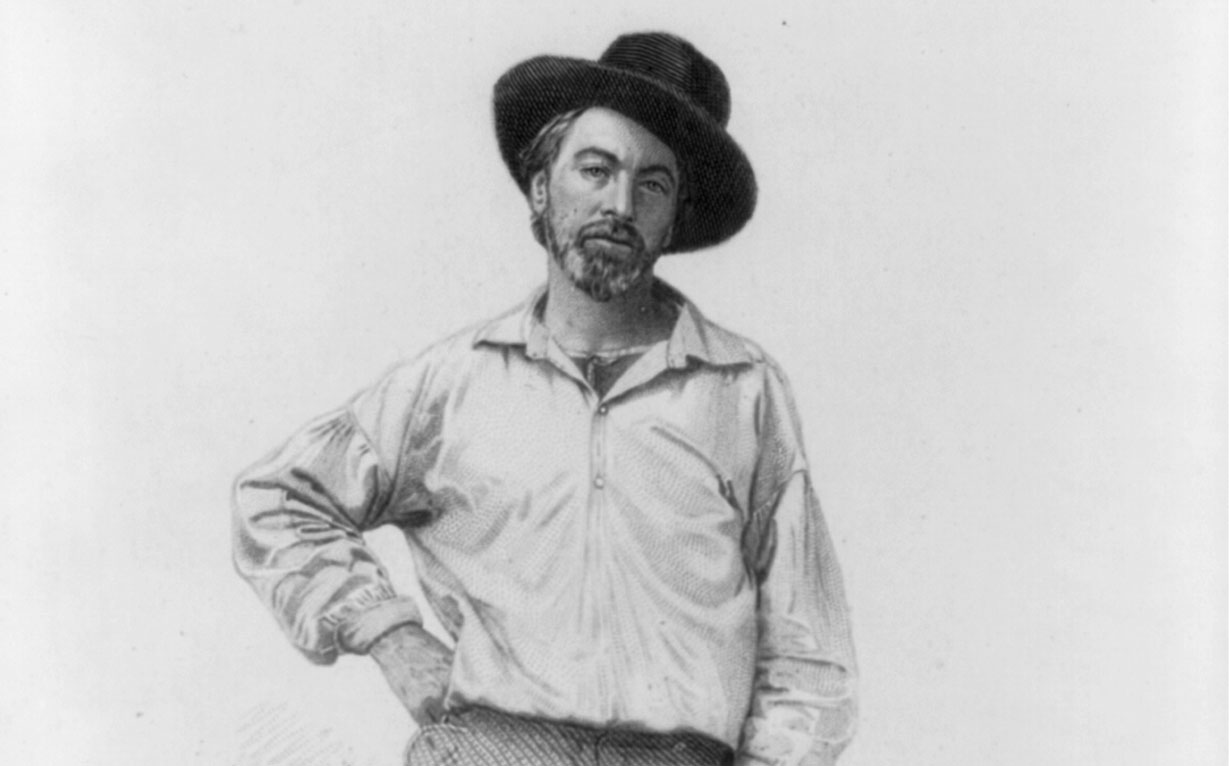
This fall, Brad Vogel, lawyer, poet and preservationist, was surprised to learn from the NYC LGBT Historic Sites Project that Whitman’s home was not already a local landmark. Vogel submitted a formal Request For Evaluation (RFE) to the Landmarks Commission in October, hoping to gain momentum towards designating the house as an individual landmark.
Letters of support for the designation were submitted by numerous organizations and individuals, including the Brooklyn Heights Association, The Municipal Art Society, Walt Whitman Initiative and Robert Pinsky, former Poet Laureate of the United States.
Vogel and his supporters learned this week via a letter of response from Kate Lemos McHale, Director of Research at LPC, that because of the short time Whitman spent at the house and what they determined was its “substantially altered” condition, 99 Ryerson “does not rise to the level of a potential individual landmark.”
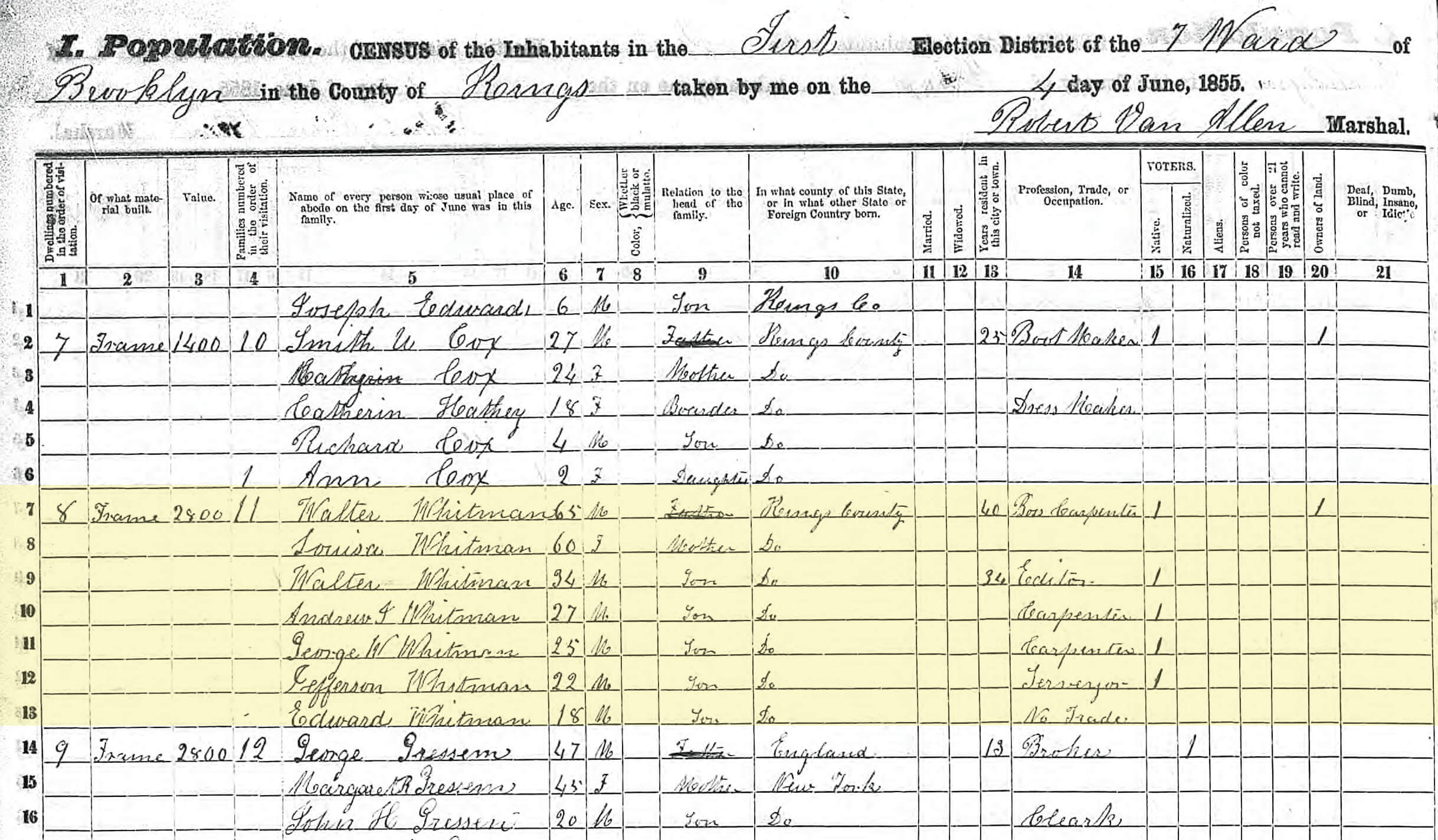
According to the LPC’s research, Whitman’s mother was the owner of the house, buying it on May 24, 1855, and selling it just six months later. While this confirms that he was living in the house when Leaves of Grass was published that July, it disputes the notion that he was living in the house when he submitted the work for copyright at the beginning of May.
While acknowledging Whitman’s significance, LPC cited his birthplace in Long Island and his final residence in Camden as sites that “retain integrity to the periods they are associated with Walt Whitman, and are available to the public to visit.”
Furthermore, LPC wrote, “in the 20th century, an additional story was added to the building and it has been resided, substantially altering its appearance since the brief period of association with the Whitman family.” Despite alterations, a bit of the original Greek Revival style doorway is still visible surrounding the front door.
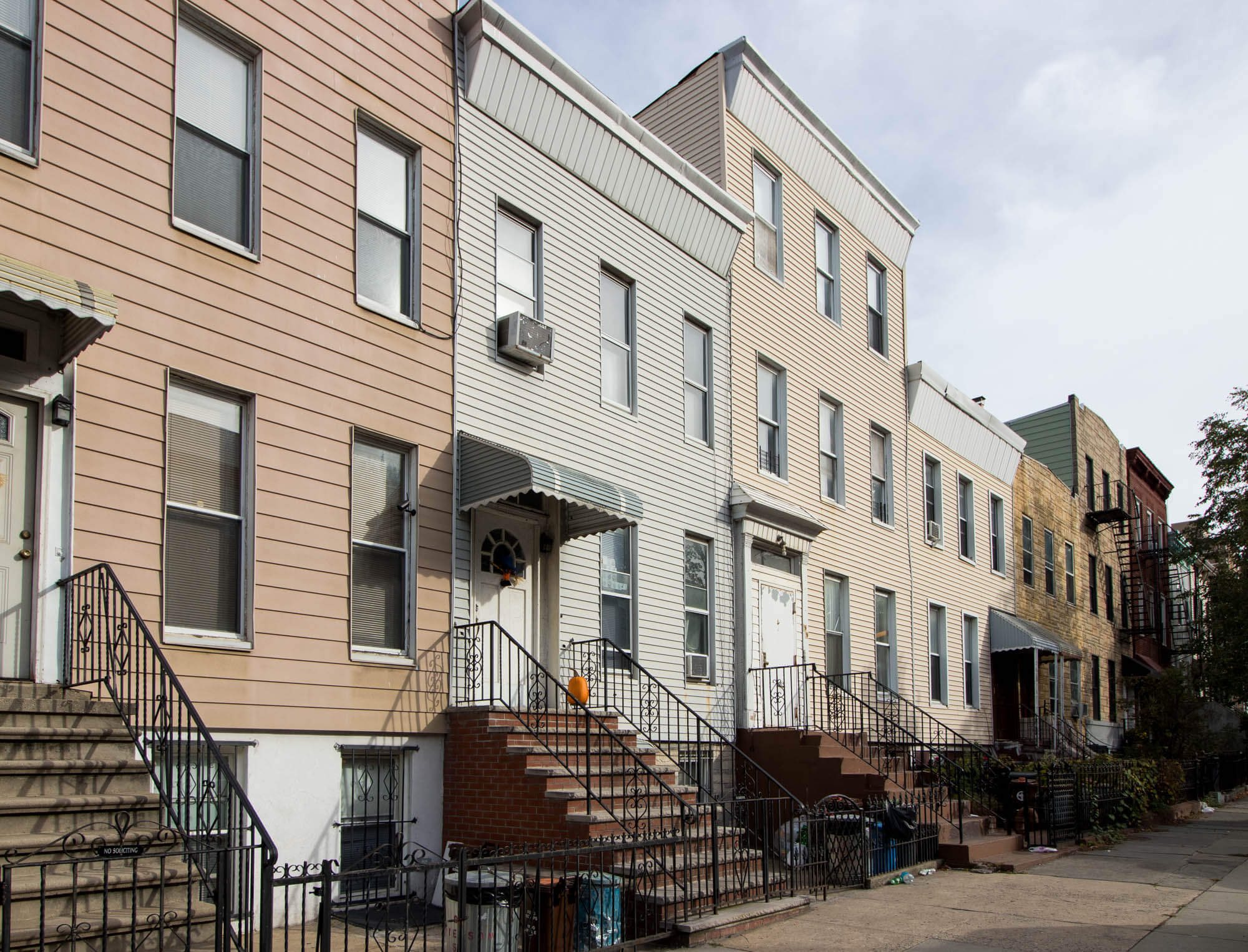
While the letter was a “no,” it did end on a positive note for Whitman afficianados, stating “we remain open to further evaluation should additional information come to light.”
While waiting for a response from LPC, Vogel managed to gather not only letters of support for the designation but also grew a coalition willing to help make the designation a reality. The informal coalition issued a press release last week in response to the news, which can be seen here. A wide array of supporters chimed in with their thoughts on the LPC decision.
“If Whitman’s Leaves of Grass gave birth to American poetry, then Brooklyn is the birthplace of our art,” said Jason Koo, executive director and founder of Brooklyn Poets, “and 99 Ryerson Street is the last remaining cradle. The commission needs to reconsider its initial rejection.”
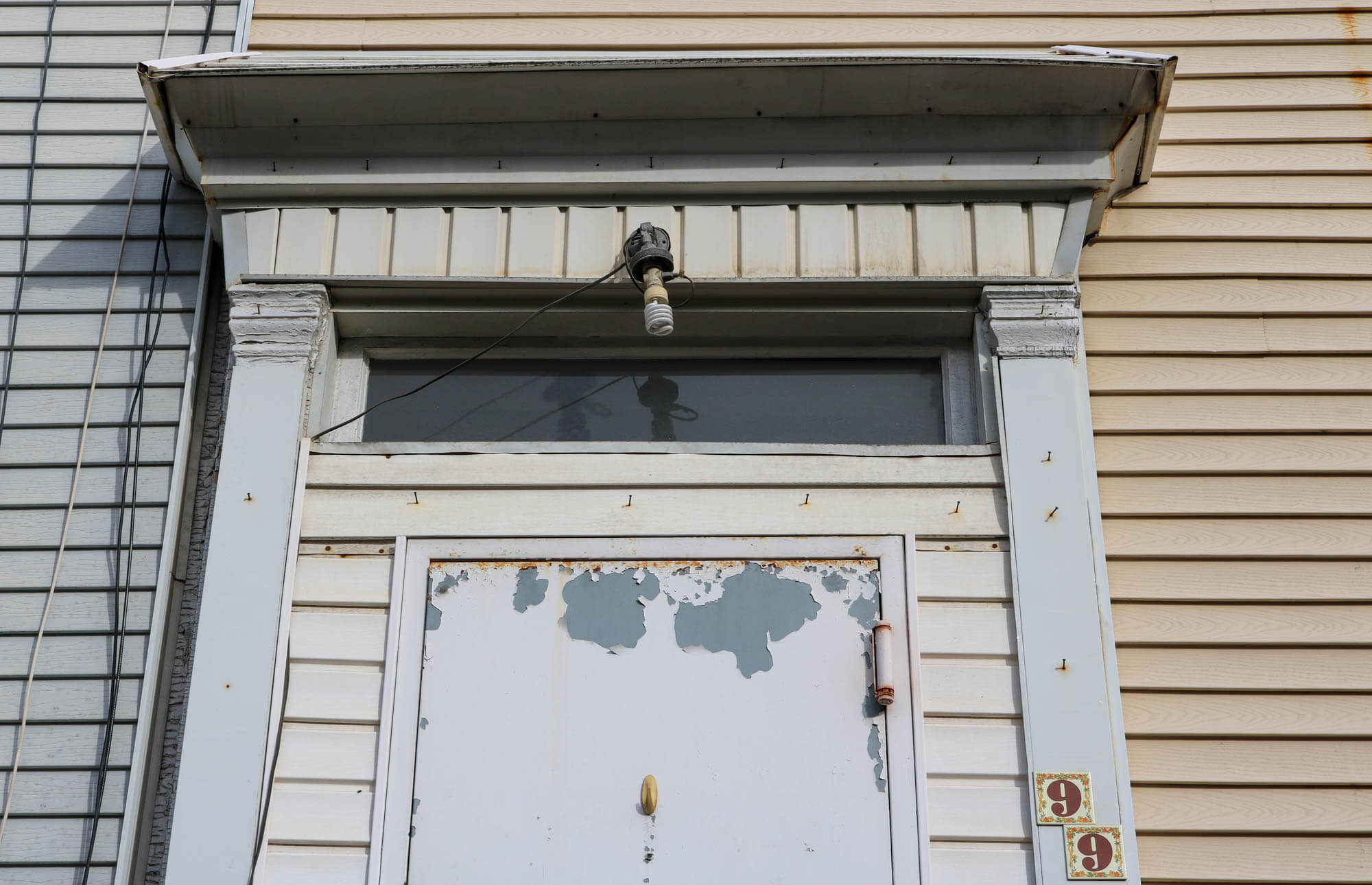
Vogel also issued a direct response to the LPC, an extensive brief offering detailed arguments as to why the the concerns about Whitman’s brief time at the house and the altered condition should not be counted against the property’s eligibility for designation.
While LPC cited the fact that Whitman spent so little time in the house as a detriment, Vogel claims it is precisely because of this that the residence is so important. Because of Whitman’s real estate dealings, he moved frequently.
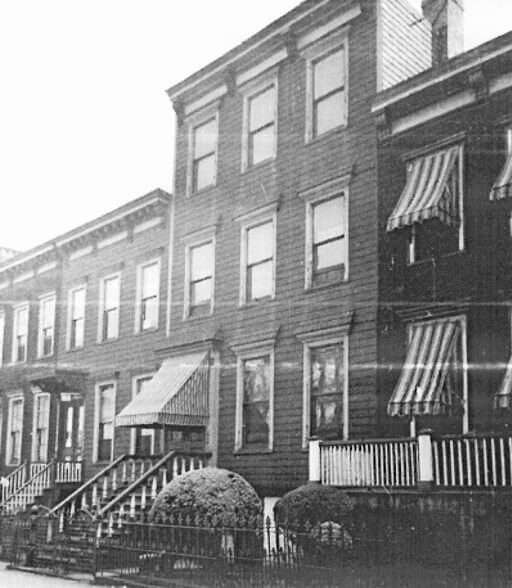
“The relatively brief period of Whitman’s association with the 99 Ryerson Street house actually heightens the significance of Whitman’s association with the property — because the poetry in Leaves of Grass was influenced by and reflects the tumultuous, speculative, real estate maelstrom that Whitman and his family were very much a part of in 1850s Brooklyn,” Vogel writes. Vogel also provided information from Whitman’s diaries and letters that seems to indicate Whitman lived in the house at least a few months longer than the LPC believes.
In reference to the altered state, Vogel noted examples of sites that were designated as individual landmarks despite the fact that they had been altered since their period of significance, such as Hamilton Grange and Stonewall Inn.
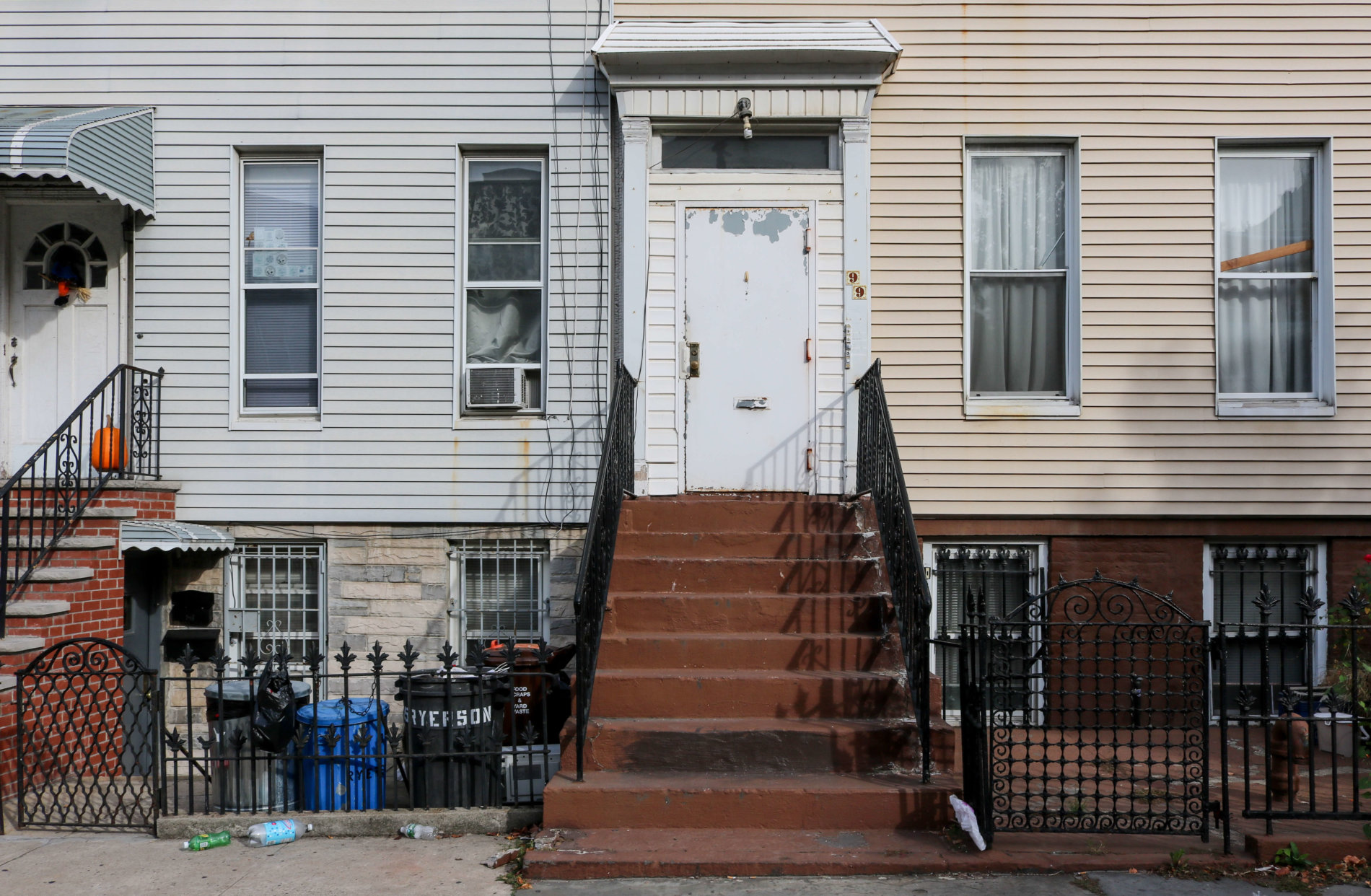
Vogel plans to keep fighting for the designation, he told Brownstoner. “The Commission rejected our initial request for evaluation, but this is not over — not by any means,” he said. “99 Ryerson Street is an incredibly significant building. The broad, diverse coalition I’ve been working with for several months is developing a comprehensive rebuttal full of additional supporting information and analysis. And several coalition members are now considering legal action as well. New York can’t afford to lose this building.”
“It seems the Commission initially evaluated this building using factors relevant to an architectural or aesthetic landmark instead of the considerations more appropriate to a landmark centered on cultural or historical value,” he continued. “We have conducted additional research and reviewed past landmark designations by the Commission, and this seems to be a recurring problem: an overemphasis on architectural purity rather than on cultural and historical associations — both of which are permissible bases for landmarking under the NYC Landmarks Law. Fortunately, the commission indicated it is open to further evaluation if additional information is provided.”
Related Stories
- Could Walt Whitman’s Brooklyn Home Become a Landmark?
- Building of the Day: 99 Ryerson Street
- Where in Wallabout Did Walt Whitman Write ‘Leaves of Grass’?
Email tips@brownstoner.com with further comments, questions or tips. Follow Brownstoner on Twitter and Instagram, and like us on Facebook.

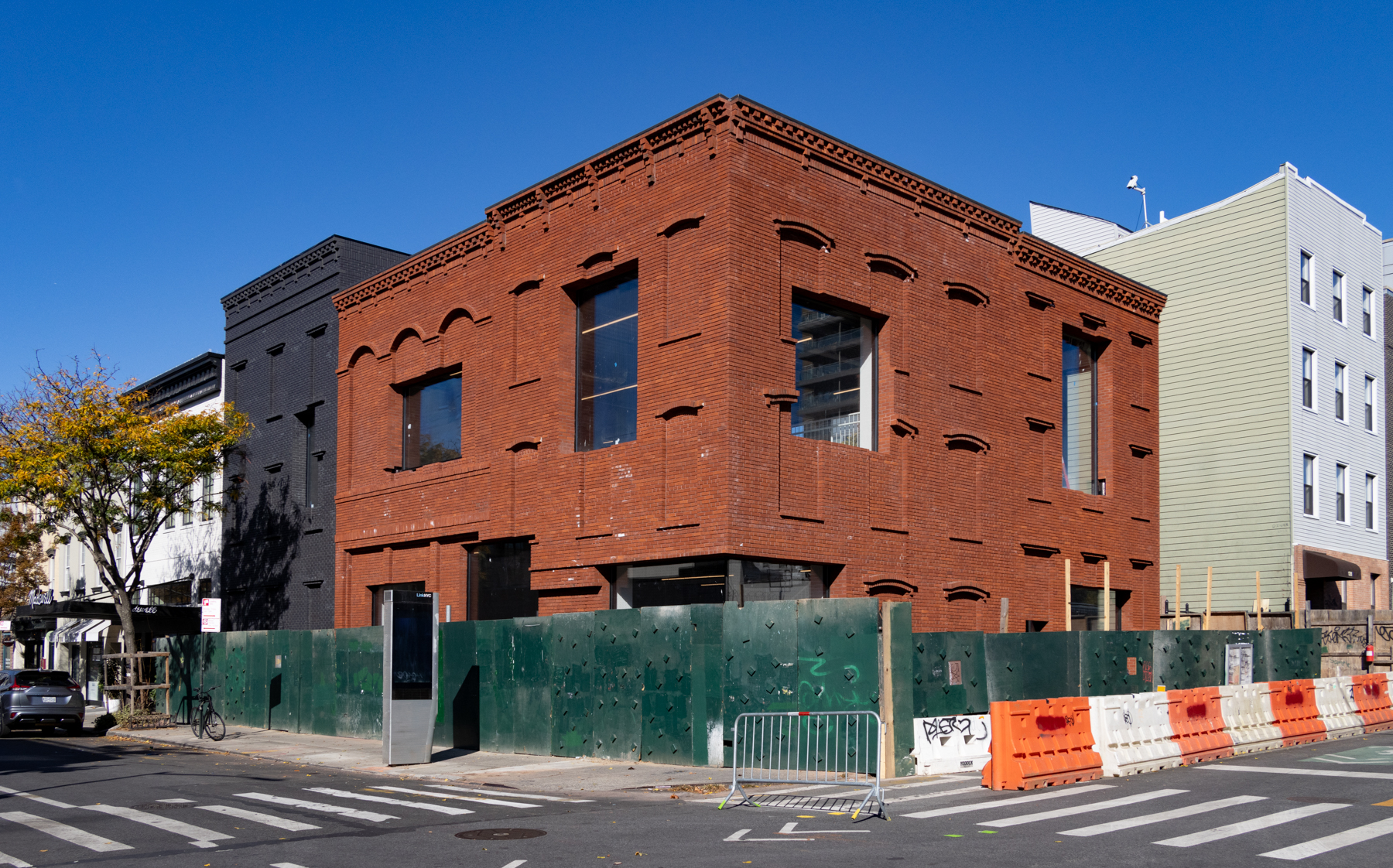

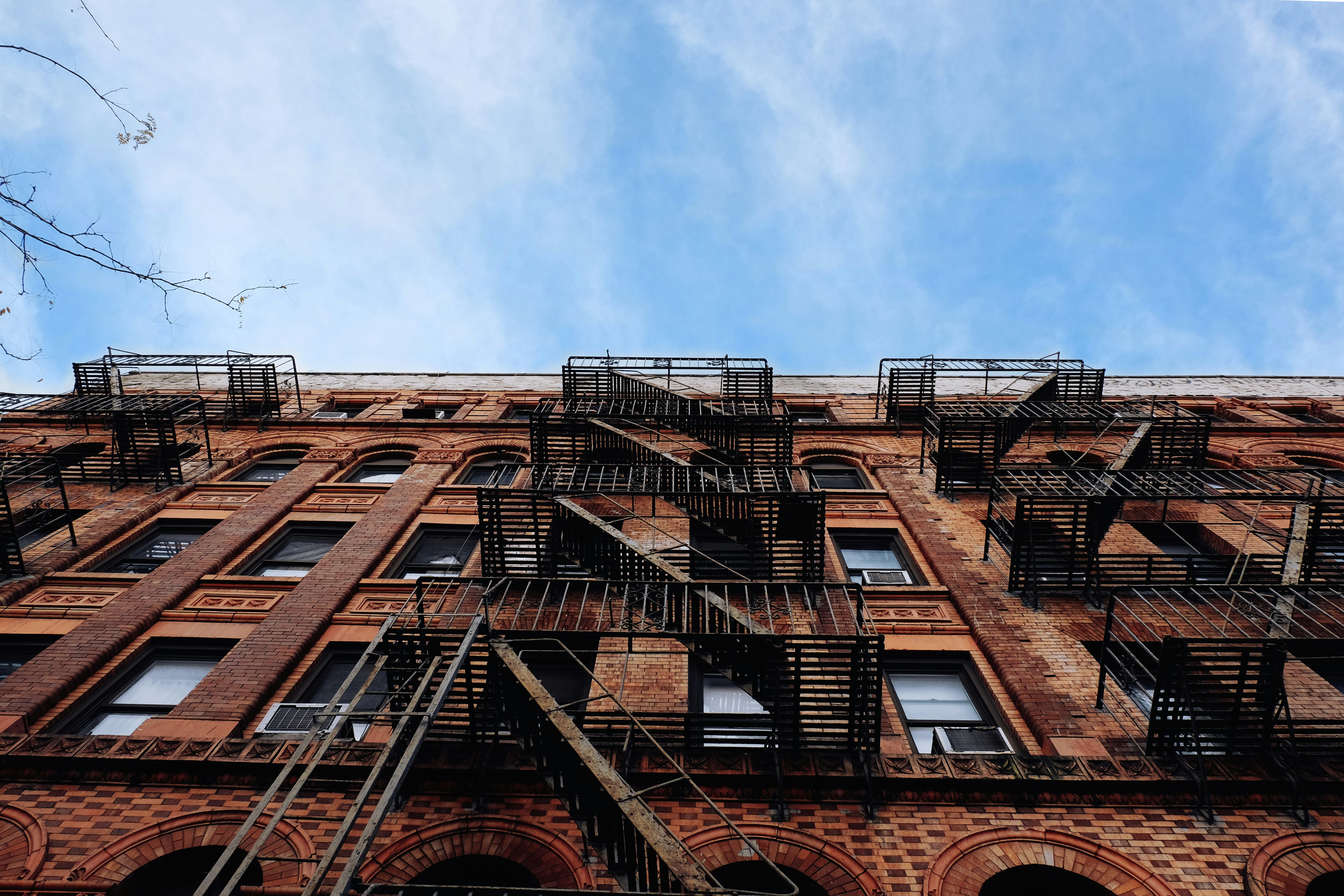
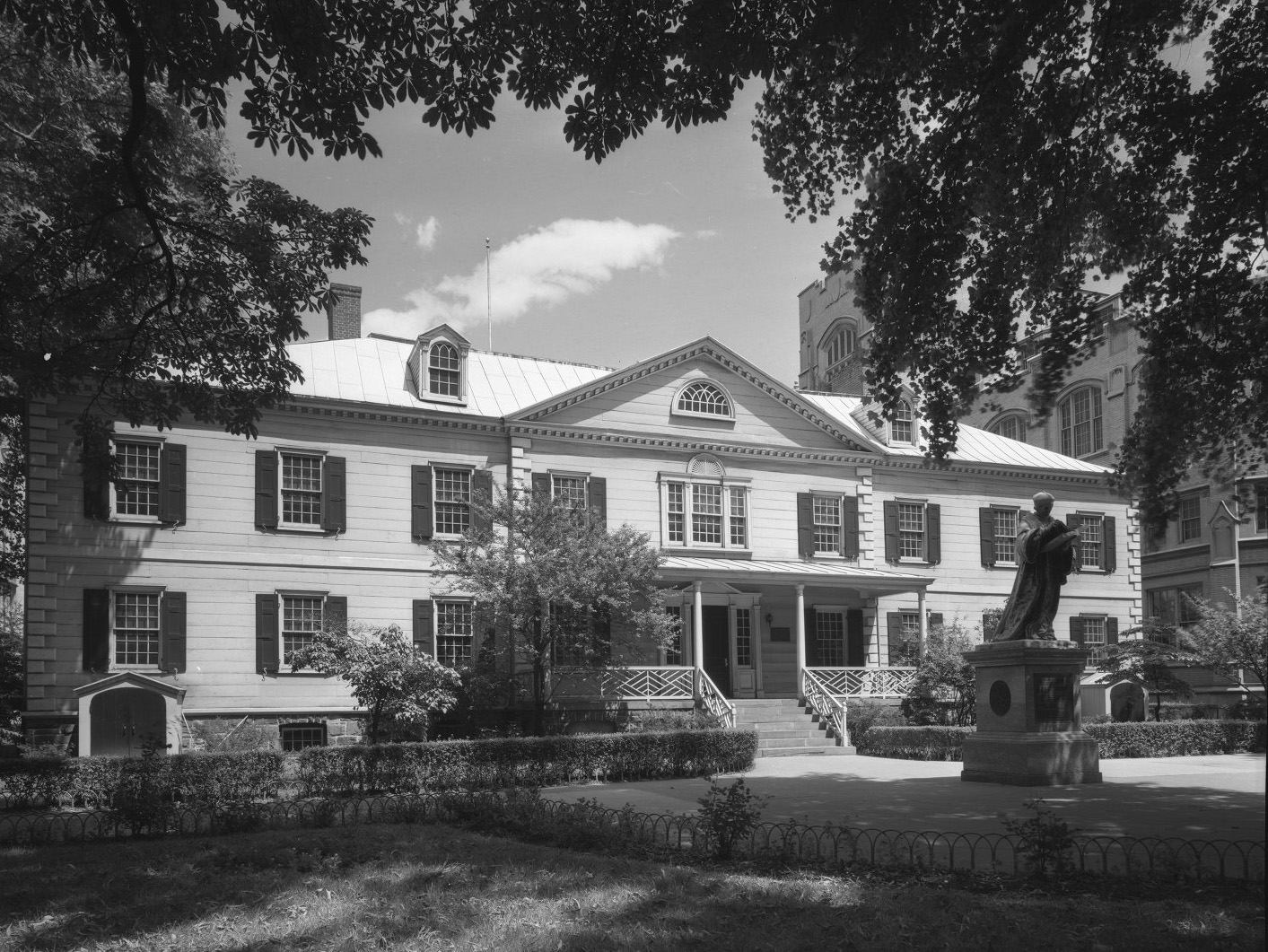
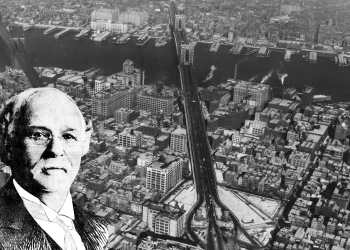
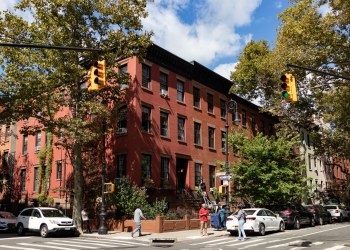


What's Your Take? Leave a Comment